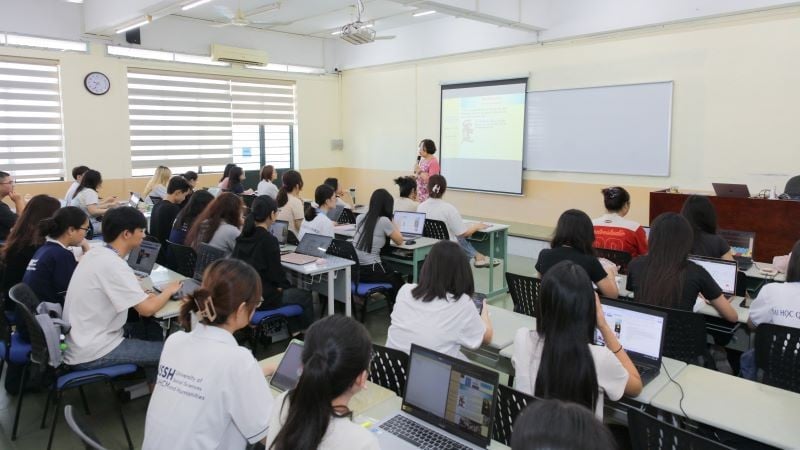
Students of the University of Social Sciences and Humanities, Ho Chi Minh City National University in class.
In particular, in higher education , AI not only contributes to innovating teaching methods and supporting scientific research, but also opens up the possibility of personalized learning, predicting career trends and improving administrative efficiency. Many countries in the world have considered AI as one of the strategic pillars in modernizing higher education.
For Vietnam, integrating AI in higher education is not only an inevitable trend but also a strategic necessity to meet the requirements of developing high-quality human resources in the digital age.
According to Professor Tan Yap Peng, Principal of VinUni University ( Hanoi ), AI supports lesson design, image creation, and idea generation for educators. At the same time, it automatically grades and provides comments to monitor learning progress and detect knowledge gaps of students. AI also helps free up time for educators to focus on creative mentoring.
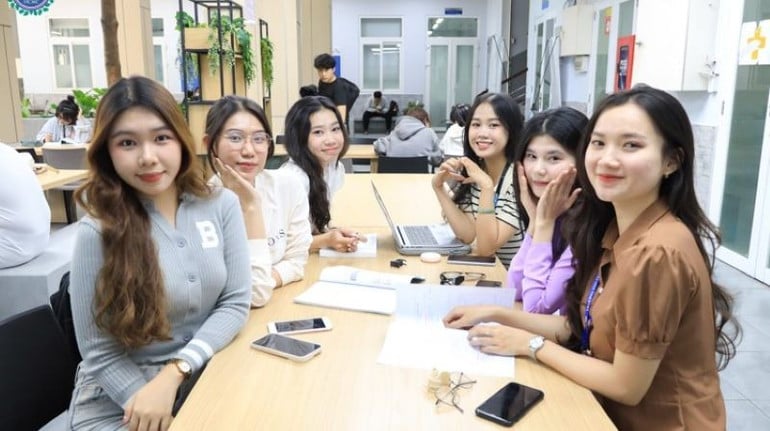
Students of Ho Chi Minh City University of Law in group study.
For students, Professor Tan Yap Peng also believes that AI helps students learn in a personalized and adaptive way according to each learner's progress. Students' understanding of AI, especially using AI in a thoughtful and creative way, will become a very necessary skill.
Experts say that in Vietnam, the application of AI in higher education is still in its infancy but is being strongly promoted in the context of national digital transformation.
Resolution No. 57 NQ/TW dated December 22, 2024 of the Politburo identified the development of science, technology, innovation and national digital transformation as "top important breakthroughs" to bring the country to rapid and sustainable development in the new era.
On that basis, Resolution No. 71-NQ/TW dated August 22, 2025 continues to emphasize breakthroughs in education and training development, in which higher education plays a central role in training high-quality human resources, associated with research and innovation.
This is the political basis for higher education institutions to boldly deploy AI applications in administration, training and research.
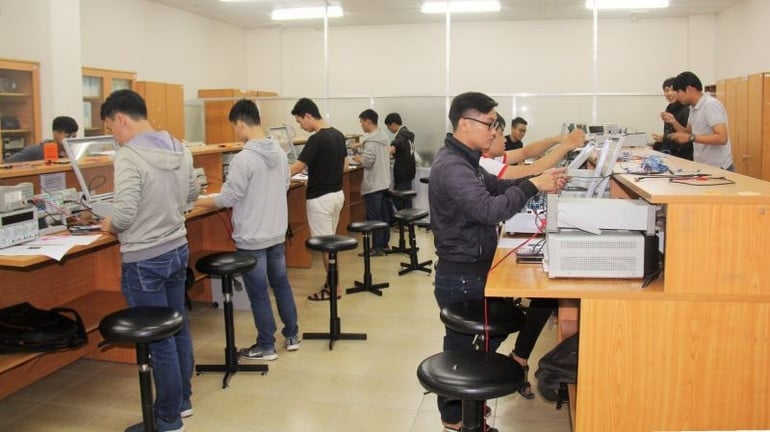
Scientific research activities at Ho Chi Minh City National University.
However, according to Dr. Le Trung Dao, Vice Principal of the University of Finance and Marketing (Ho Chi Minh City), the application of AI at Vietnamese universities still has many limitations: Unsynchronized technology infrastructure, disparities in digital capacity among lecturers, and incomplete legal framework for recognizing fully online learning and managing learning data.
The application of AI in Vietnamese universities still has many limitations: technology infrastructure is not yet synchronized, digital capacity of the teaching staff is still different, the legal framework for recognizing fully online learning and managing learning data is not complete.
Dr. Le Trung Dao, Vice Principal of University of Finance and Marketing.
These shortcomings pose an urgent need to research and clearly identify trends, strategies and solutions for applying AI in higher education, in order to contribute to modernizing and improving Vietnamese higher education, meeting the requirements of sustainable development and international integration in the new period.
In practice, some large universities such as Hanoi National University, Ho Chi Minh City National University, Hanoi University of Science and Technology... have started to deploy AI application models such as: Automatic scoring, learning behavior analysis, online learning support system, and virtual assistant for students... However, most of the applications are still at the pilot level, not yet replicated and integrated synchronously throughout the system.
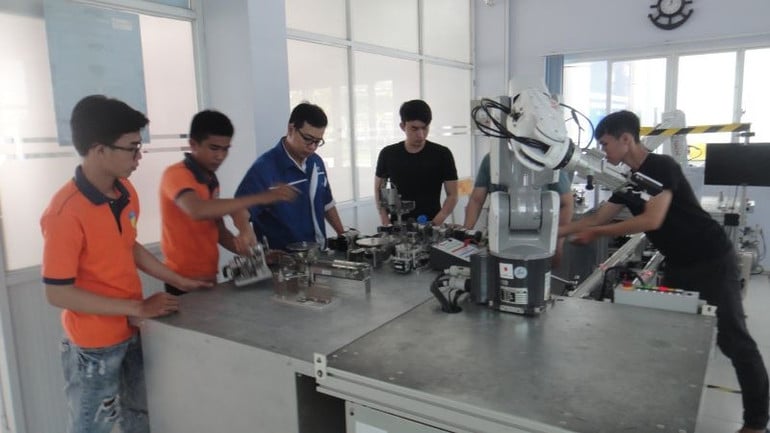
Students participate in an automation practice program at Ho Chi Minh City High-Tech Park.
Referring to the challenges in applying AI in higher education in Vietnam today, Dr. Le Trung Dao said that "digital inequality" is one of the biggest obstacles in applying AI in higher education in Vietnam.
Universities in large urban centers such as Hanoi, Ho Chi Minh City, and Da Nang are often equipped with modern digital infrastructure, high-speed internet, and the ability to invest in AI systems.
On the contrary, many training institutions in mountainous and rural provinces still face difficulties in accessing basic information technology facilities. This gap increases the difference in training quality between schools, creating "lowlands" in the higher education system.
According to statistics, currently only about 35% of non-public universities meet technical infrastructure standards for teaching and digital research, while this number in the public sector is twice as large, reaching 70%.
The above data shows that without a synchronous support policy, many educational institutions will fall behind in the modernization process. This is also one of the reasons why AI application in higher education in Vietnam is still slow and not widely spread.
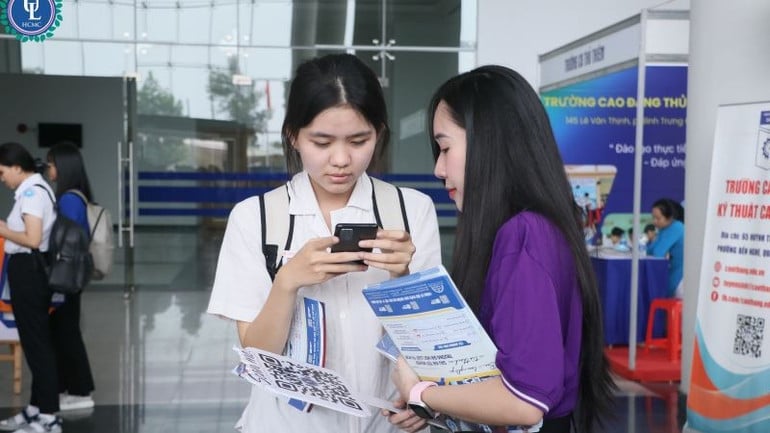
Ho Chi Minh City University of Law organizes 2025 job fair.
In addition, the digital capacity and AI application ability of the teaching staff is still a bottleneck. Many lecturers still consider AI as just a supporting tool on the sidelines, not realizing that this is a technology that can comprehensively restructure teaching and learning activities.
To apply AI to improve training quality, universities must accelerate training and foster digital capacity for lecturers and students. This is considered a decisive solution for AI to effectively promote its application in higher education.
To apply AI to improve training quality, universities must accelerate training and foster digital capacity for lecturers and students. This is considered a decisive solution for AI to effectively promote its application in higher education.
At the same time, higher education institutions are stepping up investment in modern and synchronous digital technology infrastructure. Thereby, creating the premise for building personalized learning models, automatic assessment systems and research support tools based on big data.
Authorities need to improve policies and legal frameworks for AI applications in higher education. The promulgation of a framework law on AI in education will create a clear and transparent legal corridor, ensuring the rights of lecturers, students and training institutions when deploying new technology tools.
CAO TAN
Source: https://nhandan.vn/ung-dung-ai-trong-giang-day-dai-hoc-xu-huong-tat-yeu-trong-tuong-lai-post920385.html




![[Photo] Opening of the 14th Conference of the 13th Party Central Committee](https://vphoto.vietnam.vn/thumb/1200x675/vietnam/resource/IMAGE/2025/11/05/1762310995216_a5-bnd-5742-5255-jpg.webp)



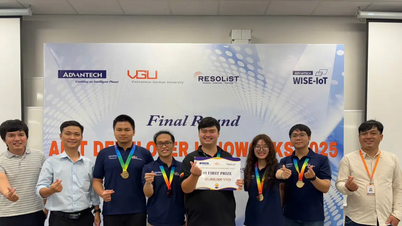













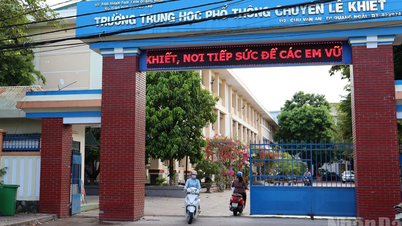


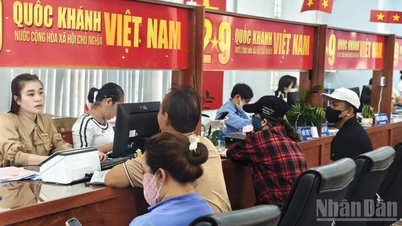



![[Photo] Panorama of the Patriotic Emulation Congress of Nhan Dan Newspaper for the period 2025-2030](https://vphoto.vietnam.vn/thumb/1200x675/vietnam/resource/IMAGE/2025/11/04/1762252775462_ndo_br_dhthiduayeuncbaond-6125-jpg.webp)










































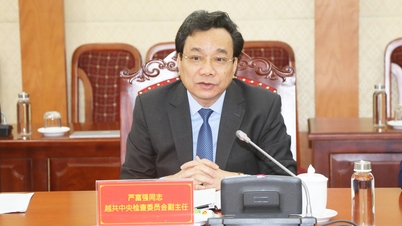

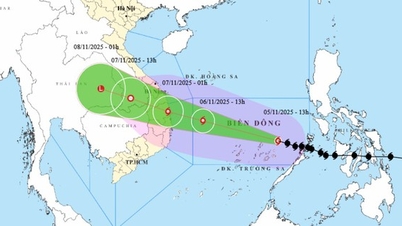






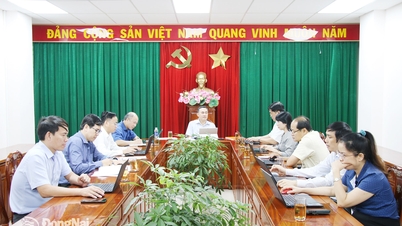

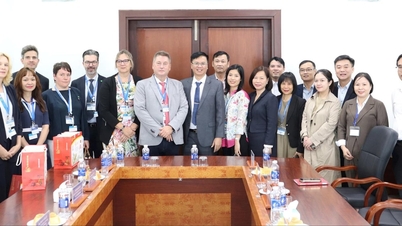

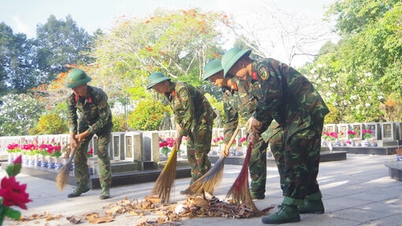





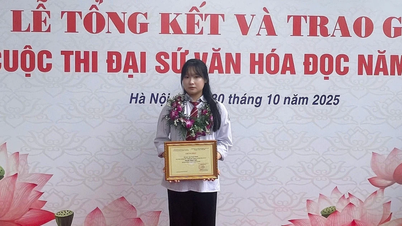















Comment (0)